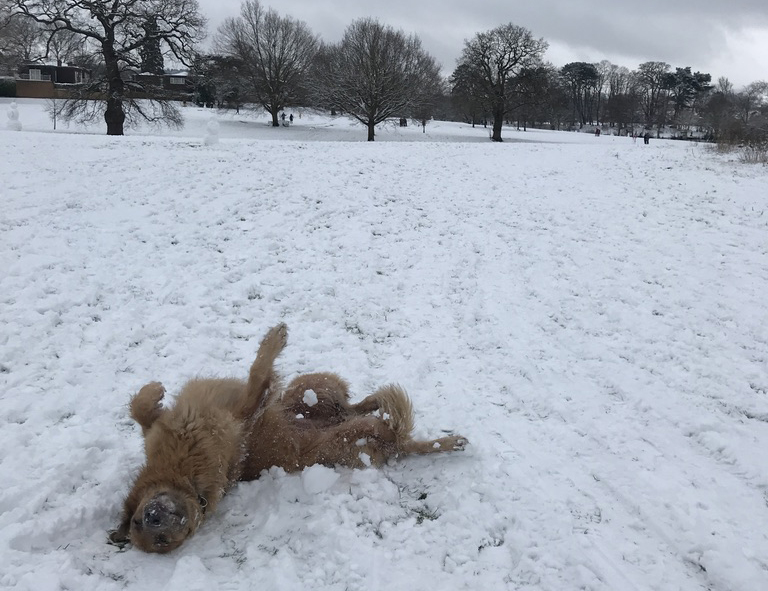The mission of this organisation is to keep at least one person alive each year who may otherwise have passed through their own hand.

The main purpose of Shepherding the Mind is to keep people alive who might, if their circumstances go wrong, choose to depart by their own hand. The idea is to provide tools that tune self-awareness and develop methods of self-intervention. Under certain conditions we might go and see a counsellor or psychotherapist. Let’s say, for 45 minutes on a Wednesday morning. That might be fabulous, but it doesn’t necessarily help at 2am one Sunday morning when we’ve had too much to drink, our girlfriend / boyfriend has left us or we’ve lost our job; in my case my dog has died. Whatever. Often it’s in those circumstances when things can escalate and go terribly wrong. There’s a limited persistence for whatever good has been done previously when things become high-octane. By providing tools that folk can use themselves, and by practicing the muscle-memory so that they can be deployed consistently under pressure, people don’t need to reach out (for instance phoning the Samaritans) at exactly the time they might be retreating within.
The pattern is to create and instantiate, inside our own heads and customised to our own way of thinking, a Watcher and a Catcher. The Watcher looks out for certain kinds of patterns of symptoms and the Catcher intervenes and prevents those symptoms from escalating. Each of the times I’ve been in trouble, if someone advised me to go and see a counsellor I wouldn’t have gone. To illustrate this: when my late father tried to hang himself (too much whisky meant he fell off the gallows chair hitting his head against the wall and knocking himself out), the police broke into his house and took him to the psychiatric wing of Reading general. When I spoke to the psychiatrist who released him I was told they couldn’t keep him in, my father was ‘running rings’ around his team. From my readings, studies and enquiries I think there is little a counsellor, restrained within the governance rules of counselling (for instance, non-intervention) could do for me. People like me are edge cases, we don’t fit into norms. I am former military, but there are plenty of non-military cohorts to whom this might apply: Accident and Emergency nurses, firemen and women and other first-responders, inner-city school teachers, farmers, chefs. The elderly who can become isolated and think there’s no time left to ‘fix it’.
Folk affected by Covid.
We can change our own inner voice, even when the Jesuits (Aristotle didn’t say ‘own’) own the (wo)man having been given the child until the age of seven, the self-talk can cause attritional or catastrophic self-destruction. I haven’t proved this yet, but my own theory is that by the way we express ourselves , especially in writing rather than speech — writing slows the process down, it takes longer to get our thoughts down, thus writing is more measured, it creates a lag that aids our brain’s processing and has a persistence speech doesn’t have — and I believe writing (dance, art, creating music) can help us eventually change brain chemistry. Often it is the combination of unbalanced brain chemistry and the inner voice (‘What’s the point?’ or ‘I have to escape’) that causes destruction. However that inner voice has been embedded into us, especially by authority figures, parents, teachers, doctors etc it can be overwritten with a new voice. I know this, because I have done it.
The credibility for this, given I’m not qualified in counselling or psychotherapy, comes from my PhD. The PhD exposed me to new research methods that had been born in the Sociology Departments of American Universities from the late eighties called Autoethnography. It has its roots in Anthropology via Ethnography. With Anthropology we go to Rawanda, say, to study baboons or apes and work out what we can learn, what meaning can be arrived at by studying animals. Then came the extension of that, Ethnography, where, if we can derive meaning from studying animals then we can derive meaning by studying human beings, so we study groups of people in society, say football supporters or lovers in a bar. In Autoethnography, as long as we use the rigours of research disciplines and an academic attitude, then it can be used to ascertain what can be derived by studying ourselves without the emotive noise that often dilutes credibility of our own expression about ourselves. Autoethnography differs from autobiography because autobiography is explaining me to you for you to better understand me, Autoethnography is me explaining me to you for you to better understand you. (This is my own explanation, how it worked for me in my studies.) It examines the aspects of emotion and feeling that are universal, not the specifics of my own situation although those specifics might crop up in order to illustrate a point.

The mission of this organisation is to keep at least one person alive each year who may otherwise have passed through their own hand.

